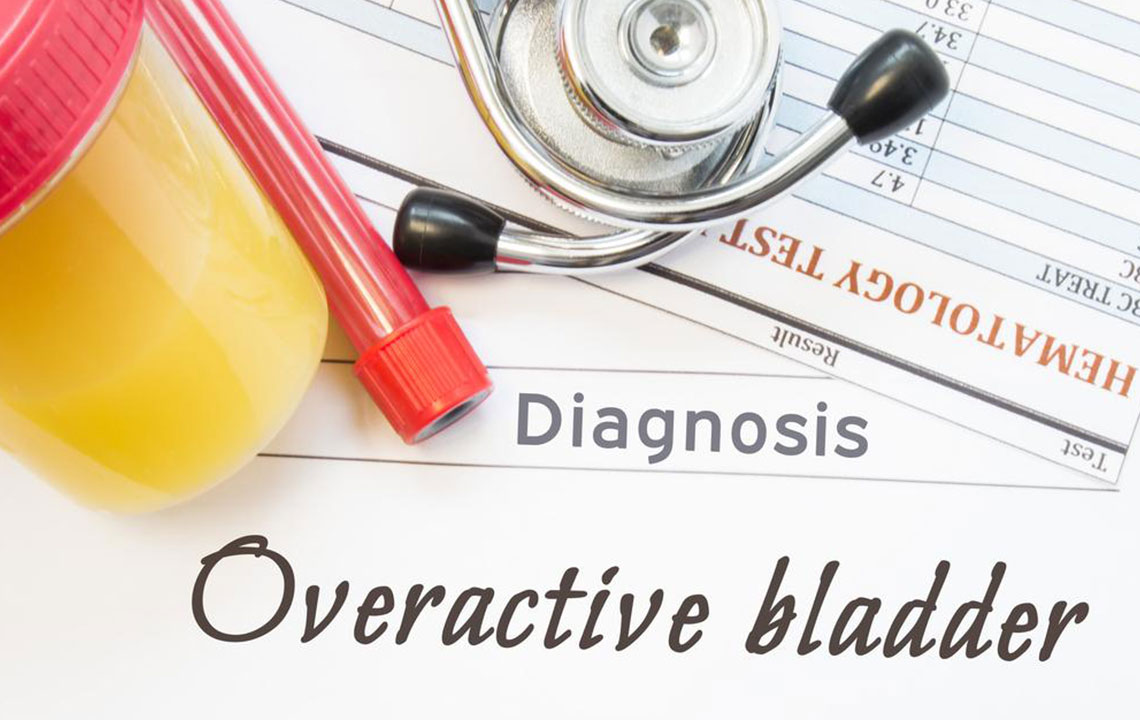Effective Strategies for Managing Overactive Bladder Symptoms
Learn effective ways to manage overactive bladder symptoms through medical treatments, dietary modifications, and lifestyle changes. Discover how medications like GEMTESA, MYRBETRIQ, and TOVIAZ, along with diet and exercise, can improve bladder control and quality of life. Proper fluid management and professional guidance are crucial for optimal results. This comprehensive guide helps individuals understand actionable steps for better bladder health.

Effective Strategies for Managing Overactive Bladder Symptoms
Overactive bladder (OAB) is a condition characterized by a sudden and uncontrollable need to urinate, often leading to involuntary urine leakage. Nearly 33 million individuals nationwide are affected, with women being more frequently diagnosed than men. Understanding available treatments, dietary adjustments, and lifestyle modifications can significantly alleviate symptoms and improve quality of life.
Medical Treatments
Beyond home remedies, several medications are approved by the FDA to help manage OAB symptoms. Notable options include GEMTESA, MYRBETRIQ, and TOVIAZ. These drugs work by relaxing bladder muscles, increasing capacity, and reducing frequent contractions.
If administered correctly, these medications can decrease urgency and bathroom trips.
Dietary Guidelines
Adopting a balanced diet can help control OAB symptoms. Patients should minimize intake of sodas, canned fruit juices, flavored dairy, and ice cream, as these often contain additives that irritate the bladder. Instead, opt for fresh fruit juices, home-cooked meals rich in protein, whole grains, and fiber. Planning meals ahead can streamline ingredient choices and preparation. Consulting a healthcare professional for personalized dietary advice is recommended.
Lifestyle Modifications
Maintaining an active lifestyle supports symptom management alongside medications and diet. Engaging in 40-minute workouts, whether through sports, brisk walks, or fitness classes, can be beneficial. Special exercises targeting pelvic floor muscles strengthen control over urination. Since muscle strengthening takes time, it’s important to consult with professionals to ensure proper technique.
Fluid Intake Monitoring
Managing when and how much water one drinks can influence symptoms. Drinking large amounts late in the day can cause increased nighttime urination, disrupting sleep. Staying hydrated is essential, but spreading fluid intake evenly throughout the day can reduce urgency and frequency. Proper hydration habits can lead to noticeable symptom improvement.
Important Notice:
The information provided regarding symptoms, treatments, health conditions, and side effects is for educational purposes only. It should not replace professional medical advice. Always consult qualified healthcare providers before starting any treatment or making significant lifestyle changes.










